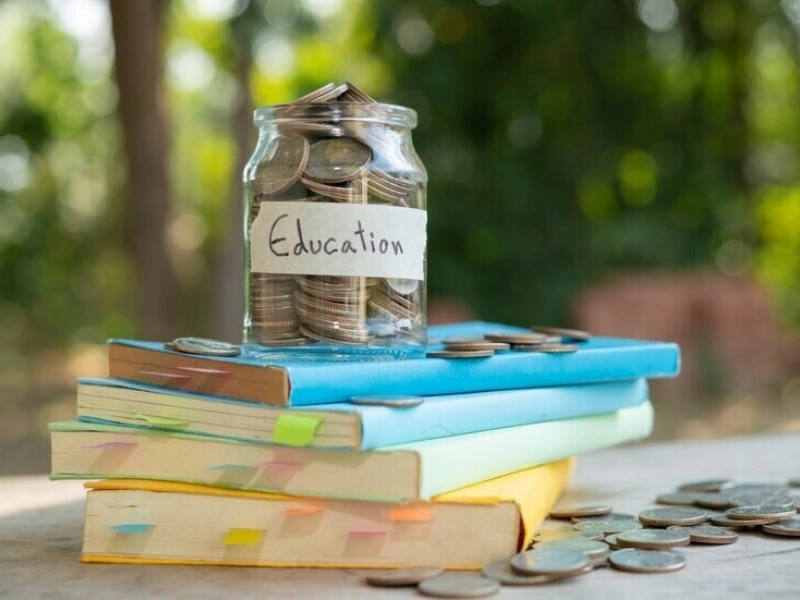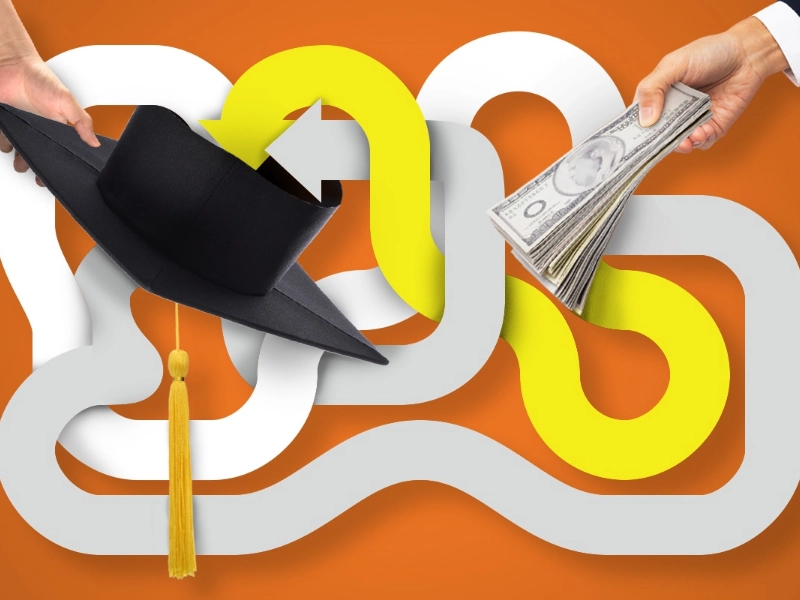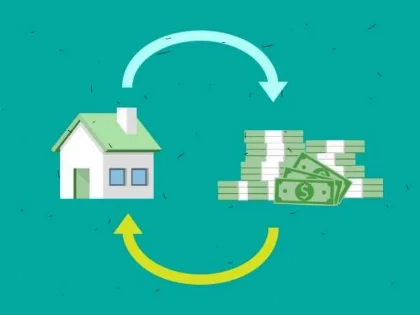Student Loans: Tailored Solutions For Your Unique Educational Expenses
Student loans are one of the most popular ways for students to pay for their education. However, one should not treat them casually. A loan is a sum of money you borrow and must repay with interest. Your eligibility for a loan is decided by your school, taking into account your other aid and financial needs.
Adaptability

No Payback Prior to Graduation
 Make sure you thoroughly study the fine print if you decide to apply for a private student loan. While most private lenders want payback within six months of graduation or ceasing to be enrolled at least half-time, federal loans do not compel payments while you are still in school.
Whichever type of loan servicer you have, it's a beneficial idea to stay in contact. They should be contacted if you have any issues concerning your repayment alternatives, as they are normally in charge of distributing your payments to your schools.
When it comes time to begin repaying those loans, keep in mind that the entire amount may seem overwhelming, particularly if you are not successful in your studies. However, taking charge of your debt and planning ahead can have a significant impact on your capacity to maintain financial stability after graduation. The good news is that you have several options for managing loan installments. There are a variety of options, such as linking them to your income or deferring them while you're in school.
Make sure you thoroughly study the fine print if you decide to apply for a private student loan. While most private lenders want payback within six months of graduation or ceasing to be enrolled at least half-time, federal loans do not compel payments while you are still in school.
Whichever type of loan servicer you have, it's a beneficial idea to stay in contact. They should be contacted if you have any issues concerning your repayment alternatives, as they are normally in charge of distributing your payments to your schools.
When it comes time to begin repaying those loans, keep in mind that the entire amount may seem overwhelming, particularly if you are not successful in your studies. However, taking charge of your debt and planning ahead can have a significant impact on your capacity to maintain financial stability after graduation. The good news is that you have several options for managing loan installments. There are a variety of options, such as linking them to your income or deferring them while you're in school.
There is no payback after graduation.
 There is a grace period before loan payments become due after graduation for the majority of student loans, both federal and private. This relieves you of the immediate obligation to repay the loan when you graduate or leave school.
Many students decide to pay off their loan debt with free money from work-study positions, grants, and scholarships, which can lower the overall cost of their education. People who get additional income—such as a tax refund, bonus at work, or bequest from a loved one—can also use it to pay off their student loans.
Make sure you stay in touch with your loan servicer and pay back your debt in full and on time each month. This is crucial to prevent skipping payments or falling behind on your payments, which can have long-term negative effects on your credit and finances. It is imperative that you promptly report any unforeseen difficulties you encounter with your loan servicer. They might be able to provide some alternatives for help, such as making an impromptu payment.
There is a grace period before loan payments become due after graduation for the majority of student loans, both federal and private. This relieves you of the immediate obligation to repay the loan when you graduate or leave school.
Many students decide to pay off their loan debt with free money from work-study positions, grants, and scholarships, which can lower the overall cost of their education. People who get additional income—such as a tax refund, bonus at work, or bequest from a loved one—can also use it to pay off their student loans.
Make sure you stay in touch with your loan servicer and pay back your debt in full and on time each month. This is crucial to prevent skipping payments or falling behind on your payments, which can have long-term negative effects on your credit and finances. It is imperative that you promptly report any unforeseen difficulties you encounter with your loan servicer. They might be able to provide some alternatives for help, such as making an impromptu payment.
Confident
 When a cosigner—a creditworthy adult who shares responsibility—applies for a student loan, students without a credit history typically have a higher chance of being approved. You and your cosigner will need to exchange information about your education, your required amount (you can use the loan for approved school expenses for the full year), your employment, and your financial status.
For borrowers with excellent credit, private loans can have lower interest rates and larger loan limits than federal loans. Furthermore, they could offer a number of loan forgiveness programs and repayment alternatives that government loans are not obligated to provide. After they graduate, students with excellent credit should think about refinancing their loans because it can drastically lower their overall borrowing expenses.
When a cosigner—a creditworthy adult who shares responsibility—applies for a student loan, students without a credit history typically have a higher chance of being approved. You and your cosigner will need to exchange information about your education, your required amount (you can use the loan for approved school expenses for the full year), your employment, and your financial status.
For borrowers with excellent credit, private loans can have lower interest rates and larger loan limits than federal loans. Furthermore, they could offer a number of loan forgiveness programs and repayment alternatives that government loans are not obligated to provide. After they graduate, students with excellent credit should think about refinancing their loans because it can drastically lower their overall borrowing expenses.








